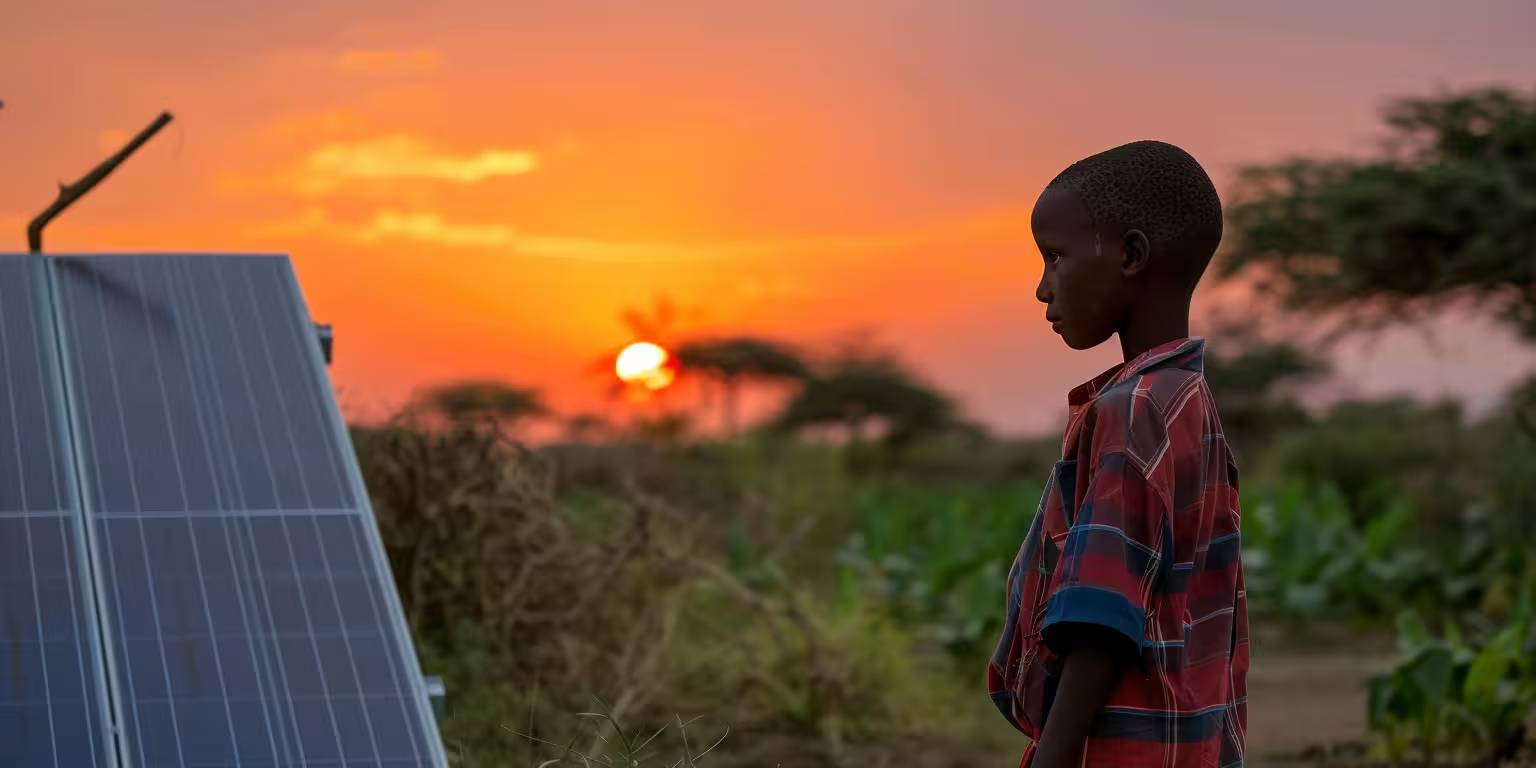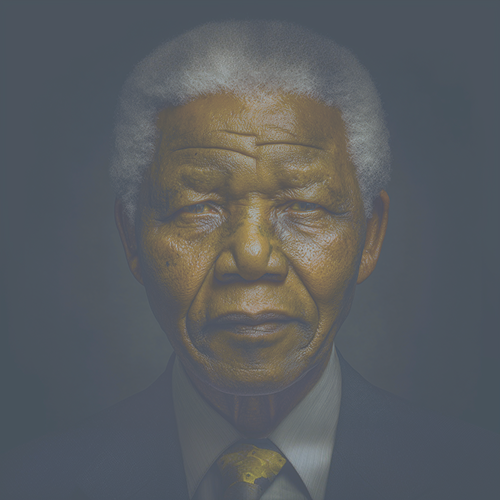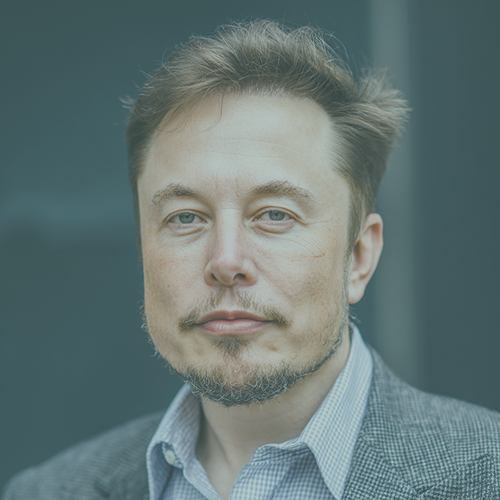Stephan LeCam: Yes, it started in a different world. By training, I am an investment banker, and I developed investment funds over the years. And in the late 90s, for the first time, I went to Morocco, and met local people with whom I started, you know, to discuss potential investment opportunities, which were outside of what I was doing at the time being. I was at the time developing, managing and selling investment funds.
And for that I was traveling many countries, Africa being an area like others. But these business traveling in Africa, made me meet local people who introduced me to the huge demand for infrastructure as a whole, and energy.
Specifically, core infrastructure needed for the development of the country are roads, transportation, and energy. And many of these countries are craving for energy. Sometimes it's a bit of a paradox, because some of them are producing oil and gas, or energy commodities, and don't even have the direct benefit of it for their own energy production. By that I mean that they are selling their resources to the outside world, but still not [producing] enough energy for their own electric grid. It did not start into renewable.
For me it was more gas producing power plant up to the moment being aware of what's going on in the world and the absolutely necessary transition, we have to go to. Me like many African leaders, we realize that we should focus more on renewable. In the meantime, over the past 20 years, the technology has evolved a lot, which allows these investments to be more not only profitable, but type of renewable energy of high interest to them.
This is how it all started. I am an investment banker. I'm traveling Africa for investment solutions to be sold to local financial institution. And then I realized on the ground that I could do something as an entrepreneur, to accompany the development of energy production in these countries.
As a successful entrepreneur in the field, how have your politically savvy skills played a role in navigating the complex political landscape in Africa? Can you share an example of a situation where your political acumen was crucial to the success of a project?
Stephan LeCam (05:03): It's a very important point, it's a very good question because often it's all about it in Africa. It's finding the right local partners. And among those local partners, it's not only the economical and financial collaboration on the ground in the country, it's a lot of political and cultural relationship, where what's happening is that those infrastructure investments are very important for the governments and political leaders to show their local action.
You will be surprised how much we are being interrogated one year before any general elections, where political forces, local forces wants to show and demonstrate that they are active for their population and want things to change. And so that relationship has to be very well established with the Ministry of Energy with the Prime Minister office, the president's office, depending on the countries- we get into those negotiations with them.
Also [it] has to be handled, the very often there is some form of embedded corruption. What I mean by that is that local politicians want to know how they can benefit from an investment. So sometimes it's very direct, they want to receive some proceeds of an investment on which we are very firm, we're not going that direction.
But some others, it's more, how can you support my next election? How can you contribute to my actions to the countries, and this is where we get into some form of a thorough conversation, where we, for example, in Zimbabwe, we develop a school close to a small solar park we developed and we were actually it was a great experience, it was a beautiful local community school we developed for the local populations, and everyone was happy. We were the local politicians were and the community was.
You know that kind of very good collaborations where, at the end of the day positively, you can help local political forces which are very important for us and for the project to develop, without falling into strait corruption and things we don't want to be engaged in.
It's very important to find, engage the conversations, and find the way to provide services to these local forces, political forces, which are very important for the project to take place, by supporting and helping them without falling to the dark side of the spectrum.
And there, this could not be done without time. And without having a strong local political business, someone who's not only able to support the development of the project itself but can handle the relationship with the government and with the public forces.
And I spend a lot of time feeding the conversation with my local partners in the countries I am working to stay on top of the information - of what's going on. And what are the trends - where the government wants to go? What are the changes? And for that you need to have someone on the ground talking to local administration, but also you get a lot of information by talking to local journalists, especially these days, you can have very easy access to local feeder of social media of importance in any of those countries.
So all of that information, local information collection, is very important to us for the kind of project we are developing. Because again, it's not only an investment, it's an investment which serves public energy grids, and local public level.
It sounds like data is significant. Can you share an example of when you collected data, whether it be from your local business partner or social media in Africa, that allows you to engage in conversation differently or take a different decision or path in order to complete a project?
Stephan LeCam: Well, it's sometimes understanding that the coming or next election will be a complete game changer. So sometime your timing can be affected by the information coming from underground. I can speak of Tanzania where we were working on a specific dam at the border of Tanzania and Malawi.
And then election came a complete government we shuffle got us back to almost ground zero, which was something we could anticipate and could prepare for a few months ahead, because we got the local information. And in that process, we were able to get into the conversation with the opposition. They understood that this project was absolutely key for them too, because often in Africa, when tenants come, they basically erase everything.
They're able to make some economic damages in terms of wanting to turn the page of a former government. And it's very important to get the conversation going with the opposition, or people who will be the next generation, especially when you have started a project and you're engaging studies, like we were in Tanzania.
So you're saying that in order to anticipate changes, having those conversations early with people who might oppose the project, or have resistance or challenges with it, we need to engage them early, in order to figure out which way to pivot.
Stephan LeCam: Exactly, it's very important. These days, local interests, sometimes it can be a community group, which doesn't want to see the solar plant and the few hectares being occupied by solar panels to develop.
And there again, you need to engage the conversations with those opposing forces, to let them know and understand or at least try, you do not succeed all the time, for the engaging the conversation with whatever forces you feel around the project you're developing is very important.
Felicia Shakiba: I want to round this out, because it's such an important piece. How does one effectively engage in a conversation with someone who holds an opposing opinion?
And to sharpen your political astuteness, It becomes essential to contemplate whether or not it's possible to influence them to align with one's own perspective. How can this objective be accomplished in practice?
Stephan LeCam (11:55): It's a good question, because it has a lot to do with listening first.
And appear as, especially as a white occidental male I am, it's very important not to appear as arrogant in Africa, because of the colonial pasts and lots of good reasons for people to question my legitimacy to be there. And also, often some patronizing tone I've heard from European, sometimes US, but most of the time, European organizations arriving in Africa with some form of patronizing behavior.
The, "We know the drill- we'll take you by the end," and "Do not worry, we take care of everything" and whatsoever. So that kind of tone which I've heard a lot in Africa is despised locally, basically. They are fed up, and the one first thing to be very important to understand is to show respect and consideration. No, no, no arrogance, no patronizing. It's very important.
Africa was before perhaps lacking human resources for many, many aspects of its development, I can assure you that it's not the case anymore. Younger generation of very well trained, very smart people are now taking the hands of their country, their development- certain countries are beautiful development examples and I'm thinking of countries like Rwanda, Ghana, Kenya, Tanzania, where things are developing very, very well with younger generation of very smart people.
And that this is perhaps something I will get more to the end of our conversation, but I see some form of convergence where nowadays, compared to 10 to 15 years ago, the way a renewable project develops in Africa tends to be more and more like it would be in Europe or in the US. Why because in the ministers in the environment, I find very competent engineers who understand perfectly well how we will develop the project, how it happens to be.
They also understand my needs, you know, when you develop a solar park a, solar plant, you need to be connected to the network. And sometimes in those huge African countries, the network for you to be connected to is very far away. So, there is collaboration to be established with the local utility to bring basically it's wire up to your plant and all these conversations where before basically had to do all the job.
Now we have people not only understanding but accompanying us and providing us with local very good, smart and very good quality, local resources. So Africa is changing, and it's changing for the best. New generation not only is more competent but is also less prone to the easy cash flows of corruptions. Understand that by being a partner in a project, you make potentially more money than asking for a little something at the beginning, just to open up the door.
And being politically savvy is just one critical skill set that's needed in order to get a project over the finish line. Then there's cultural sensitivity and a deep understanding of that environment, building relationships and collaborating. Those are all critical skill sets, it sounds like.
Stephan LeCam: Read about their local history. Before colonization, lots have happened in Africa. I remember, there was a French president some 10 or 15 years ago, Nicolas Sarkozy, and he's invited to Africa. At some stage, he said, "Africa has great potential, and it's time for the African man to place himself in history." He said that during his presentation. That triggered fury all over Africa, because an African man will tell you, where did human life and civilization start- it started in Africa.
The Lucy, the million years remains of bodies, Lucy's the first female found in Ethiopia, which would be the oldest human in the world.
And Africans would tell you, the origins of humanity, are coming from Africa. So don't try to explain us that we would be the young population to be educated. And that's not the case. You Europeans, you are coming from where we are, you left us million years [ago]. So it's just to give you the mindset of an African, which is, we are not the youngsters out of the woods.
We were there way before you we are very long, and very strong cultural background, the country's borders have been wrongly drafted by occidental colonization. So understand the forces, the culture.
And, if you want to develop business in Africa, you have to be humble and understand the local culture, which is very interesting. There is lots of solidarity, there is lots of beautiful people and interests all over Africa. And this has to be respected.
And my belief is that when a government, when whatever interests you're talking to in Africa feel that in you that you respected their culture, or their environment, well the door gets wide open of many men. And I I've been blessed my team, my team's I've been blessed by being more and more interrogated by whatever is subject these days. It's not only energy, it's many, many aspects.
The other day we were interrogated by Nigerian people looking at developing a subject we would not be before even, which are out of our expertise, scope of business, we are now because we have established those great relations, we have now been interrogating another good conversation in many, many countries. So respect, listening, and respect.
Felicia Shakiba: To put together a project like this, how long would you say it takes?
Stephan LeCam (18:37): From scratch, depending on the country and its administration, let's take a standard 50-megawatt solar park, it would take me a year and a half in Morocco. It took me almost five years in Zimbabwe, because you have to go through the authorization of the Ministry of Energy, under the Ministry of Energy, you have the public agency, which takes care of the power production, then you have another agency taking care of the power of distribution in a country not that well, administratively or organized like Zimbabwe takes a lot of time.
You could accelerate that process by corruption. And I never do that. Because if you start in my opinion, you're done.
One of the problems of corruption is that if you pay someone with the speed of the information in Africa in a country, if that information gets to be known, you get the whole country coming at you asking you for money. And it can be very, very detrimental not only because it costs you money, of course, you have to pay the corrupted party.
But the problem is that if you, if you don't pay and some interest known that you've paid some others, then comes to the people who find interest in blocking your project and kind of try to find leverage on blocking you.
So instead of if you're known not to pay, it might go slower, it might be more complicated, but the chances you would be fully blocked are much, much lower. And that's also a, something I learned in Africa. So I prefer to spend the time do the things, you know, by the book, and not being drafted in a vortex of corruption and people coming from nowhere, asking you for whatever, it's important to stay firm.
In such a leadership role or any similar position, it's reasonable to anticipate that individuals might face difficulties if their ethical principles were to undergo even a slight wavering?
Stephan LeCam (20:45): Even independent from the ethics, even business wise, it's about choice. On the long term, I mean, to stay in the business and go to other projects or whatsoever. If it is a one-shot project, then it's up to you. I would not even recommend it.
Felicia Shakiba: That makes a lot of sense. Yeah.
Stephan LeCam: And even if you want to be cynical, that happened to US interests, you know, where you get some form of the Texan cowboy arriving in Africa. I'm making it a bit of a caricature, of course, for the for the sake of my demonstration, but, and I love Texas, I love to be doing business with Texans.
And they are they're very straightforward. And for business wise, they're great. But sometimes, you know, you hear about the especially in the oil and gas industry, you know, the Texan guy arrives in Angola, and he sits down and, "How much?" You know, that's, "How much, how much do you want? What will it cost me?
Whom do I need to pay?" and whatsoever, "I want that to happen right away right now, and we move forward." It doesn't work. First, it will cost him a lot. And then again, as I was saying the information that he has been paying, will be known, and then will raise the forces will blow against his own project. It's expensive, and in unpredictable.
Felicia Shakiba: Is there anything that we haven't talked about that you want to make sure to share with our listeners today?
Stephan LeCam: Your questions, were very accurate. And thank you. I think you understood the challenges of developing business in a different world. And I think Africa like any other place, you need to understand your environment. And you do that for any places. It's a great part of the world. It's a changing part of the world. It's extremely exciting to see how these places are developing, that might be my conclusion.
Felicia Shakiba: Stephan, this has been enlightening. Thank you so much.
Stephan LeCam: My pleasure.
Felicia Shakiba: That's Stephan LeCam, with a postgraduate degree in business and managerial economics from Harvard University, LeCam is the president of Logoden Advising and a distinguished figure in the realm of renewable energy entrepreneurship in Africa.
















